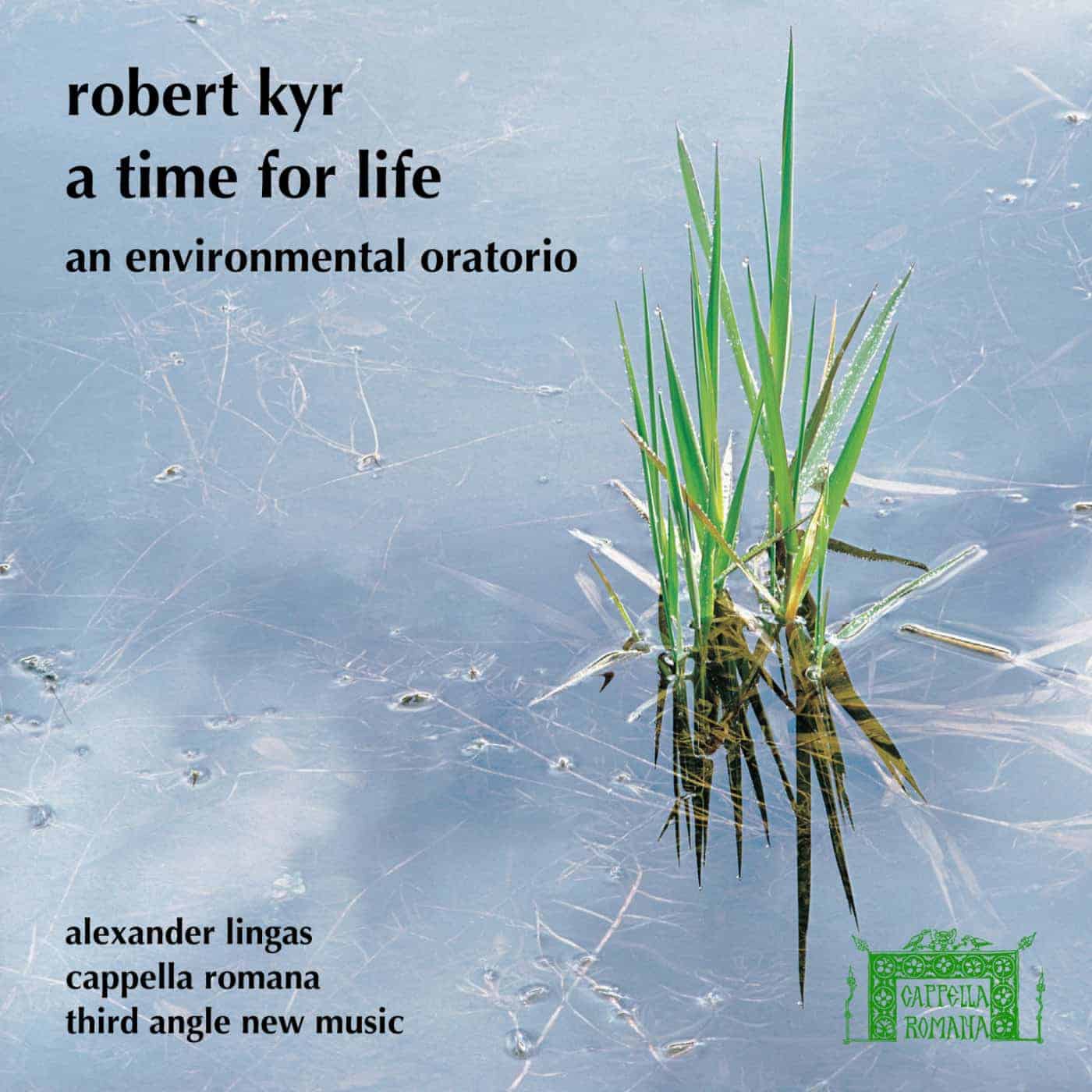 Before climate change became a pressing item on the global agenda, signs of human abuse of the natural environment had prompted efforts in religious communities throughout the world to recover spiritually grounded notions of human stewardship within creation. For Orthodox Christianity, this process began in earnest during the second half of the tenure of His All-Holiness Dimitrios I as Ecumenical Patriarch of Constantinople (1972–1991). Theological inquiry was succeeded by public engagement in 1989 when Ecumenical Patriarch Dimitrios set aside September 1st, New Year’s Day in the liturgical calendar of Eastern Orthodox Churches, as an occasion for Christians under his jurisdiction to offer prayers annually for the protection of the environment.
Before climate change became a pressing item on the global agenda, signs of human abuse of the natural environment had prompted efforts in religious communities throughout the world to recover spiritually grounded notions of human stewardship within creation. For Orthodox Christianity, this process began in earnest during the second half of the tenure of His All-Holiness Dimitrios I as Ecumenical Patriarch of Constantinople (1972–1991). Theological inquiry was succeeded by public engagement in 1989 when Ecumenical Patriarch Dimitrios set aside September 1st, New Year’s Day in the liturgical calendar of Eastern Orthodox Churches, as an occasion for Christians under his jurisdiction to offer prayers annually for the protection of the environment.
September 1st was chosen as liturgically suitable because themes of supplication and thanksgiving for creation were already present in the existing medieval service texts for this day (albeit with emphasis on preserving the city, imperial government and church of Byzantine Constantinople). Common prayer specifically “for our environment and for the welfare of all creation” was facilitated the following year by the commissioning of a new liturgical office in Greek from Fr. Gerasimos of the Skete of Little Anne on the Holy Mountain of Athos (1905–91), a prolific poet who had been previously recognized by the Ecumenical Patriarchate as “Hymnwriter of the Great Church.” In 1992, at the request of the World Council of Churches, Archimandrite Ephrem (Lash) made a slightly expanded English version of this new office, the full text of which is available on his personal website.
The present Ecumenical Patriarch, His All-Holiness Bartholomew I, has made the preservation of the environment a focal point of his ministry. Described elsewhere in this booklet by the Rev. Dr. John Chryssavgis, his efforts have led the international media to dub him “the Green Patriarch.” One of their recurrent themes, sounded also by other Eastern Orthodox writers, has been that maltreatment of the natural environment rests ultimately on human distortions of relationships with God and nature that are most properly ordered by love and thanksgiving.
Some years ago Robert Kyr, having become aware of and admiring the environmental initiatives of Ecumenical Patriarch Bartholomew, approached me with the idea of composing an oratorio for Cappella Romana that would address some of the same issues. This led to further conversations between us exploring past and present perspectives on the relationship between divinity, humanity and the environment. These discussions served as a background for the creation of his libretto for A Time for Life, in which Professor Kyr sensitively incorporates excerpts from the Bible, the worship of Eastern Orthodoxy, and the prayers of indigenous peoples. As set to music, these texts movingly render the loss of ancient wisdom regarding responsible stewardship of creation, its horrific consequences for our environment, and the potential offered by the recovery of spiritual tradition for re-establishing a harmonious relationship with nature.
—Alexander Lingas

You must be logged in to post a comment.